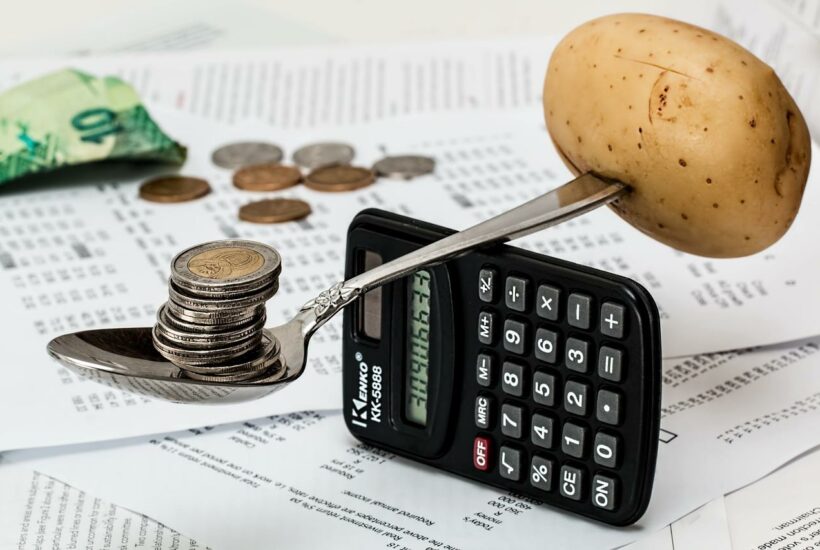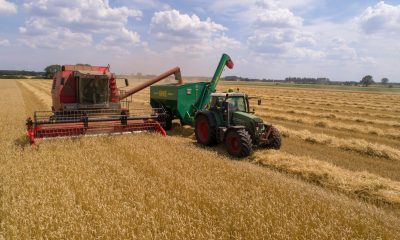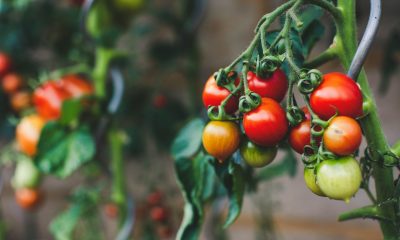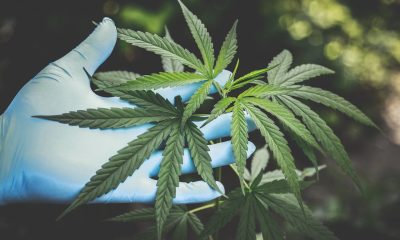Africa
The Pressure on Household Spending in Morocco Remains Strong
The growth dynamic has weakened since the beginning of the crisis, indicating the impact of the economic situation on the least well-off households. From an annual average of 5.2% between 2015 and 2019 (with increases ranging from 3.6% to 6.7%), growth has slowed to 1.8% in 2020 before rising to 2.9% in 2021. Household spending in Morocco has increased lately.

On the rise since the beginning of the year, inflationary pressures are weighing on purchasing power and household confidence. This context could reinforce cautious behavior and slow down demand a little more. In March, the increase in outstanding sight deposits of individuals and Moroccans living abroad accelerated to 7% at more than $50 million (501 MMDH). Apart from the last three quarters of 2020, the balance of opinion regarding the future evolution of the financial situation is at its lowest with 8.3 points. Three out of four households consider that the current economic situation is not conducive to the purchase of durable goods.
Household confidence plunged to an all-time low in March, while inflation continued to rise to 5.3% year-over-year. The risk of a further slowdown in household consumption cannot be ruled out. The HCP scenario forecasts a slight upturn in household spending in the second quarter (+1.8%) after an increase of only 0.8% in the first three months of the year.
The pressure on purchasing power and fears linked to unemployment could reinforce cautious behavior and encourage households to build up substantial precautionary savings. This could further dampen consumption. With the exception of the last three quarters of 2020, the balance of opinion regarding the future evolution of the financial situation is at its lowest with 8.3 points. 3 out of 4 households consider that the economic situation is not conducive to the purchase of durable goods in the latest HCP confidence survey.
If you want to read more about the household spending pressure in Morocco and to find the latest economic news from around the world, download for free our companion app Born2Invest.
7% increase in sight deposits
In March, outstanding sight deposits of individuals and Moroccans living abroad with banks reached 501 MMDH, up 7% year-on-year. The rate of growth has increased slightly compared to January and February, but remains below the rate observed in 2020. Amounts placed in book accounts amounted to 176 MMDH, up 2.3%.
The growth dynamic has weakened since the beginning of the crisis, indicating the impact of the economic situation on the least well-off households. From an annual average of 5.2% between 2015 and 2019 (with increases ranging from 3.6% to 6.7%), growth has slowed to 1.8% in 2020 before rising to 2.9% in 2021.
148,000 jobs destroyed in rural areas
GDP growth is expected to be between 1.5% and 1.7% in 2022, mainly due to updated figures for the cereal crop. The poor harvest would lead to a 10% recession in agricultural GDP. This new episode of drought and the drop in agricultural production contributed to the destruction of 148,000 jobs in the first quarter in rural areas.
In non-farm activities, employers added 90,000 jobs. However, this is still not enough to reduce the unemployment rate, which stood at 12.1 percent in the first quarter.
__
(Featured image by stevepb via Pixabay)
DISCLAIMER: This article was written by a third party contributor and does not reflect the opinion of Born2Invest, its management, staff or its associates. Please review our disclaimer for more information.
This article may include forward-looking statements. These forward-looking statements generally are identified by the words “believe,” “project,” “estimate,” “become,” “plan,” “will,” and similar expressions. These forward-looking statements involve known and unknown risks as well as uncertainties, including those discussed in the following cautionary statements and elsewhere in this article and on this site. Although the Company may believe that its expectations are based on reasonable assumptions, the actual results that the Company may achieve may differ materially from any forward-looking statements, which reflect the opinions of the management of the Company only as of the date hereof. Additionally, please make sure to read these important disclosures.
First published in LES ECO.ma, a third-party contributor translated and adapted the article from the original. In case of discrepancy, the original will prevail.
Although we made reasonable efforts to provide accurate translations, some parts may be incorrect. Born2Invest assumes no responsibility for errors, omissions or ambiguities in the translations provided on this website. Any person or entity relying on translated content does so at their own risk. Born2Invest is not responsible for losses caused by such reliance on the accuracy or reliability of translated information. If you wish to report an error or inaccuracy in the translation, we encourage you to contact us.

-

 Business2 weeks ago
Business2 weeks agoAmerica’s Debt Spiral: A $67 Trillion Reckoning Looms by 2035
-

 Markets2 days ago
Markets2 days agoThe Big Beautiful Bill: Market Highs Mask Debt and Divergence
-

 Crowdfunding2 weeks ago
Crowdfunding2 weeks agoTasty Life Raises €700,000 to Expand Pedol Brand and Launch Food-Tech Innovation
-

 Cannabis1 week ago
Cannabis1 week agoCannabis Clubs Approved in Hesse as Youth Interest in Cannabis Declines

























